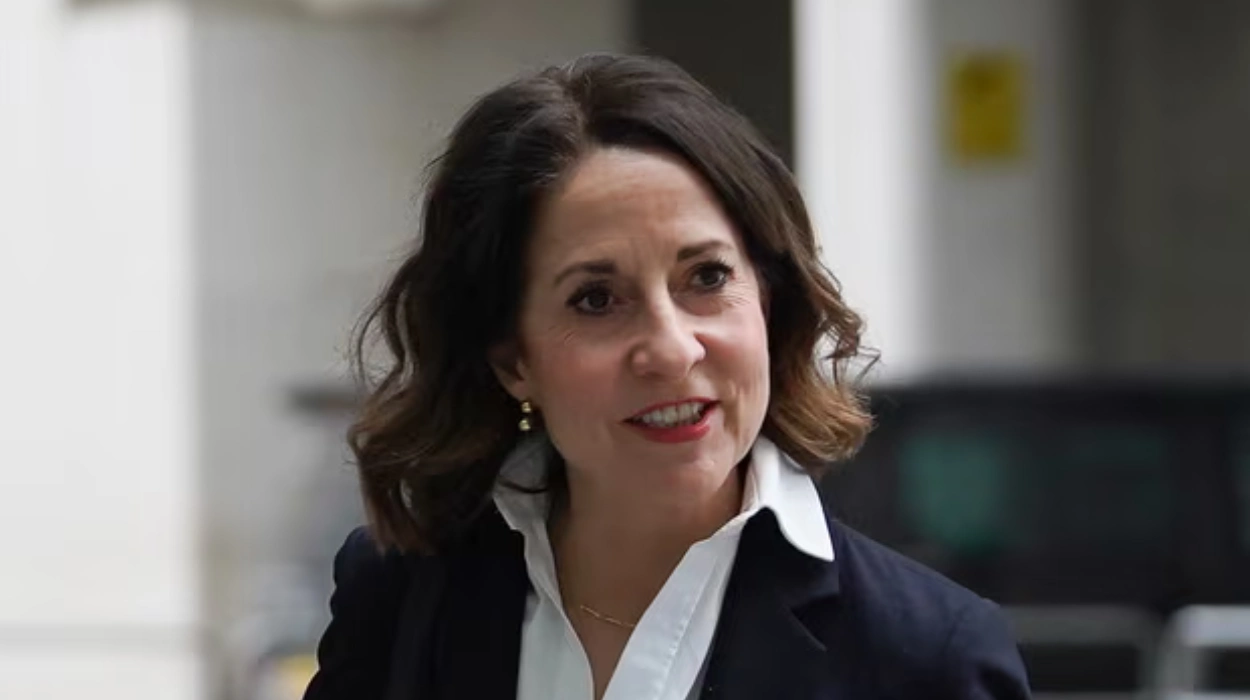London (Parliament Politics Magazine) – Work and Pensions Secretary Liz Kendall announced young people refusing work or training will face benefit sanctions under government welfare reforms to tackle unemployment and rising costs.
Ms. Liz Kendall warns that refusing work or training could lead to benefit cuts in a bid to tackle unemployment.
“If people repeatedly refuse to take up the training or work responsibilities, there will be sanctions on their benefits.”
said Work and Pensions Minister Liz Kendall on Sunday.
On Sky News’s Sunday Morning with Trevor Phillips, Kendall replied, “Yes,” when asked if this would result in losing benefits.
Next week, ministers will announce new welfare changes to boost employment and curb the rising welfare costs since the Covid-19 pandemic.
Liz Kendall told Sky News,
“The reason why we believe this so strongly is that we believe in our responsibility to provide those new opportunities, which is what we will do.”
“We will transform those opportunities, but young people will be required to take them up, just as they did in the late 1990s with the new deal for young people and the late noughties with the future jobs fund, because it is so damaging for young people not to have skills or not to be in work.”
She added,
“I do not want an ever increasing benefits bill spent on the cost of failure, people trapped out of work, terrible for their life chances, and paid for by the taxpayer.”
During the Morning Show on Sky News, she revealed that nearly a million young people, or one in eight, are not in education, work, or training.
Ms Kendall added,
“I know from speaking to our job coaches, our fantastic job coaches in job centers, that there are people who could work, who aren’t. But I think they are in the minority.”
Ms. Kendall also said “many millions” of disabled people and those with long-term health problems want to work, and “we need to break down the barriers to that happening.”
Kendall mentioned that some people not working had “self-diagnosed” mental health conditions but highlighted the “genuine problem with mental health in this country.”
In response to a question about whether 400,000 people would eventually lose their benefits, she told the BBC’s Sunday With Laura Kuenssberg,
“I’m saying we will bring forward our own reforms. You wouldn’t expect me to announce this on your programme.”
She proposed plans to revamp apprenticeships and job centres to address the issue of unemployment.
During an interview with the Observer, Ms. Liz described job centres as a “benefits administration service” that was no longer “fit for purpose,” adding that they were being ignored by both employers and job seekers.
Kendall told the Observer,
“Employers are desperate to recruit. People are desperate to earn money and get on in their jobs. So we need big change. We need to see change in our jobcentres from a one-size-fits-all benefit administration service to a genuine public employment service.”
Keir Starmer, in an article in the Mail on Sunday, committed to “get to grips with the bulging benefits bill blighting our society” as part of “the biggest overhaul of employment support in memory.”
He affirmed that while addressing the issue, he would not
“call people shirkers or go down the road of division,”
and instead, ministers would
“treat people with dignity and respect.”
The Prime Minister wrote in the article,
“Next week, my government will set out radical reforms to get Britain working. No more business as usual. And don’t get me wrong, we will crack down hard on anyone who tries to game the system to tackle fraud so we can take cash straight from the banks of fraudsters. There will be a zero-tolerance approach to these criminals.”

